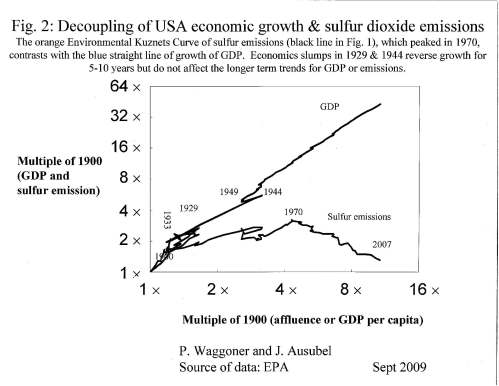Bjorn Lomborg is often disparaged by environmentalists for questioning what in my view have generally been very questionable public policy prescriptions that environmental advocacy groups have promoted around the issue of climate change. In a recent Newsweek article, Lomberg takes a great shot at properly defining the concept of sustainability. He quotes the UN Brundtland report defining sustainable development:
“meets the needs of the present without compromising the ability of future generations to meet their own needs.”
He suggests:
The measure of success, then, is whether or not we give future generations the same opportunities that we have had.
Lomberg goes on to define sustainable solutions in terms of economic opportunities, educational opportunities and technological opportunities that we provide for future generations. After outlining progress the world has made over the last century or so he suggests:
Rather than celebrating this amazing progress, many find it distasteful. Instead of acknowledging and learning from it, we bathe ourselves in guilt, fretting about our supposed unsustainable lives.
At the end of the article he concludes:
We forget too easily that innovation and ingenuity have solved most major problems in the past. Living sustainably means learning the lessons from history. And chief among those is that the best legacy we can leave our descendants is to ensure that they are prosperous enough to respond resiliently to the unknown challenges ahead.
It would be great if environmentalists could celebrate and learn from our long legacy of creative solutions rather than continually viewing the world as a zero sum game. Lomberg is right. The path to a sustainable future is not through excessive environmental regulation or redefining the fundamental rules of our economy, but rather through economic prosperity, educational opportunity, technological progress, peace and the fair rational enforcement of the rule of law.



